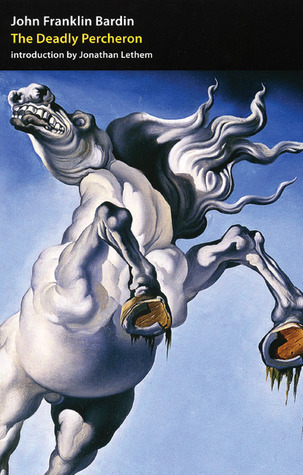I'm listening to the Sonata no. 8 by Prokofiev, performed by Vladimir Ashkenazy.
Hubby cubby and I have been busy little bees these past two weeks. After living with it for a year, we finally bit the bullet and switched my art room and the library. Even with sky tubes, there was no view for my birds and me when I worked, which was not good since that is where I spend most of my time.
Now my library has just enough light for reading. I keep my fiction here.
And now my work room has light with views, which I enjoy while working.
Even my birdies have a view. I got a branch from the woods and propped it up in an old Christmas tree stand.
I have another surprise but it will have to wait until next week. (That's called a "teaser", folks.)

The Trial of Lizzie Borden was a good, step by step exploration of the mystery of the Borden murders.
We all know the rhyme:
Lizzy Borden took an axe
Gave her mother forty whacks
When she saw what she had done
Gave her father forty-one.
But did she? She was acquitted for the murder.
To start at the beginning:
Lizzie Borden was ironing handkerchiefs in the dining room and Maggie, the house servant, was washing windows on the top floor.
Around
11:00am, Lizzie called to Maggie to come downstairs quickly for someone
killed her father. Later her stepmother was also found dead in the
upstairs bedroom. Both had been murdered with an ax.
According to autopsies, and blood coagulation, the mother had been killed an hour and a half earlier than the father.
The
community of River Falls, Massachusetts, was completely unprepared for
such a grotesque crime. The police seemed to be the least prepared. They
couldn't find the murder weapon, they found no clothes of Lizzie's that
had any blood on it, and although fingerprint samples were available at
the time, they refused to use them, considering them unreliable.
Friends
seemed to have incriminating evidence, such as one who had a note
written by Lizzie, refused to cooperate and the police refused to press
the issue.
Eventually an ax head was found but without the
handle. It turns out Lizzie burned a dress the next day of the murders
and her statements and alibis were tenuous and contradictory.
However, all the police had to go on was circumstantial evidence.
Cara
Robertson takes the reader through everyone's testimony, the events
themselves and the court trial. Some of it gets a bit long, but is still
interesting. I felt both the prosecutor and defense lawyers used too
much speculation and subjective feelings as to how or why Lizzie Borden,
a wealthy young woman, could or could not be capable of such a heinous
crime.
In the end, the defense won. It took the jury barely
ninety minutes to decide the Lizzie was not guilty. Apparently Lizzie's
gender and station in society won the day.
But did it?
After
being set free, Lizzie determined to return to her home and continue as
she left off. But the support that her friends and church gave her
while she was on trial eroded and she soon found herself alone.
She
and her sister Emma decided to move and bought an expensive house on an estate. Lizzie
then began to show peculiarities that showed another side to her. She
kept strange, bohemian friends. After a while the home life became so
unsupportable for her sister that she moved away.
It also came
out the Lizzie was a thief. Furniture and jewelry stores discovered
she was stealing from them and refused to accept her patronage after
that.
The case has been cold since 1893 and some questions will never be answered:
If
Lizzie Bordon didn't kill her parents, who did? The house was securely
locked. And where was the murderer hiding for an hour and a half
undetected between the murders?
Was Lizzie a psychopath or temporarily insane?
What happened to the murder weapon?
We'll never know.
Or
will we? Robertson mentions concealed documentation of the trial that
is classified because of some ruling over 120 years old. Maybe a law can
overturn the classification and the documents can be unsealed and shed
new light on one of the most famous cold cases in America.
The only books in the art room I put on the top shelf for Percy to shred. Cheapest parrot toy ever and no more than what those authors deserve.
And a hint for next week:
What are those things on the bottom of my art book shelves in the dining room?
Tune in next week to find out. Same Bat time; same Bat channel.





















































